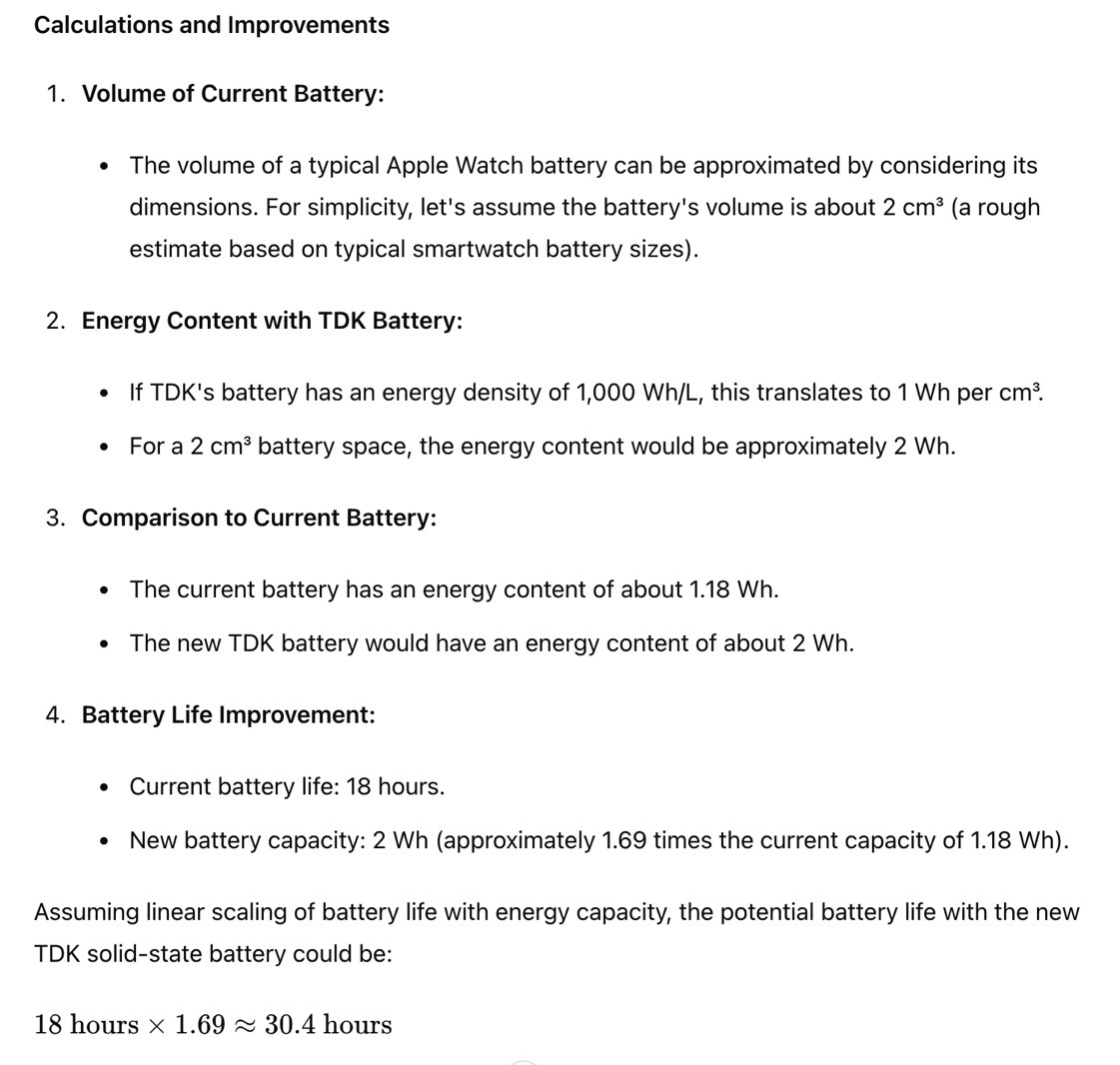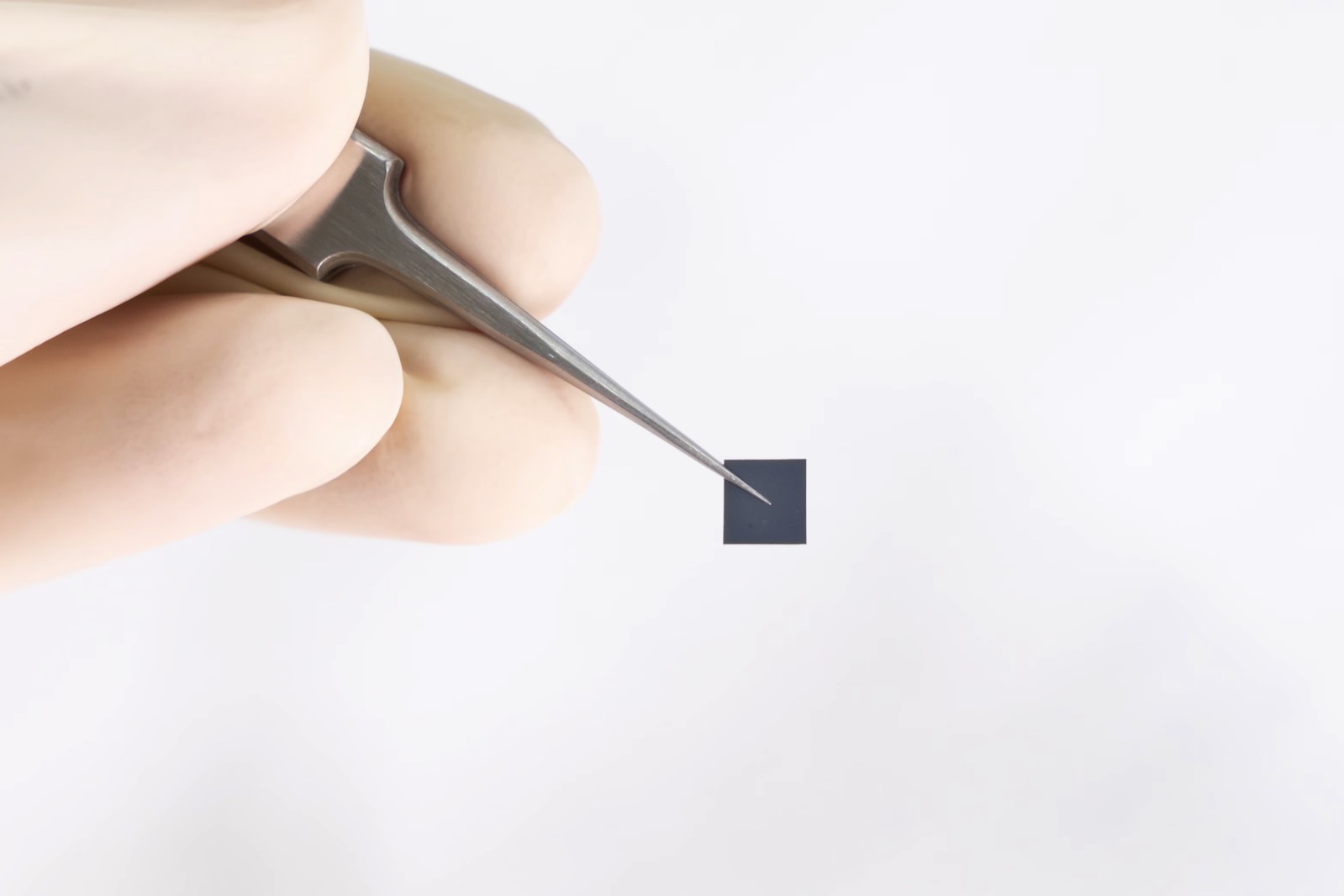Battery life continues to be our biggest concern when it comes to smartphones, laptops, wearables, and electric vehicles, despite the fact that we regularly see exciting battery innovations from all over the world. Some of them might present more sci-fi battery technology that isn’t viable in the immediate future, but other breakthroughs could significantly improve battery life on some of our current devices.
TDK on Monday announced its newest innovation for CeraCharge solid-state batteries. The company developed a ceramic material with an energy density 100 times greater than that of its conventional solid-state batteries. The new ceramic batteries target wearable devices, like smartwatches, wireless earphones, and hearing aids.
With TDK an Apple supplier, this might be great news for the Apple Watch and AirPods of the future, especially considering regulatory legislation in Europe concerning batteries for mobile devices.
The EU wants smartphones and other battery-powered gadgets to feature batteries that are easy to replace during the repair process. This will impact a wide range of products in the coming years, as vendors will have to redesign their batteries to meet the EU’s requirements.
TDK does not name the products that might feature its new ceramic solid-state batteries, but the Japanese supplier mentions the EU regulations. TDK says the new CeraCharge batteries can replace “coin cell primary batteries in compliance with EU battery regulations.”


It’s too early to tell whether the batteries will be used in any of the upcoming Apple Watch or AirPods models. But, as CNBC points out, TDK is an Apple supplier.
The new solid-state battery tech will probably not go unnoticed at Cupertino. After all, iPhone fans might remember rumors last year that said the iPhone 16 might feature solid-state batteries. Those reports made no mention of TDK of this particular type of ceramic battery, but they indicated a change is afoot at Apple.
Back to TDK’s ceramic batteries, the company explained that its next-gen solid-state battery tech has an energy density of 1,000 Wh/L or 100 times greater than the density of its current solid-state batteries.
The new batteries use an oxide-based electrolyte and lithium alloy anodes, which TDK says makes them “extremely safe.” The Japanese company also notes that the new ceramic batteries are intended for use in devices that come in direct contact with human skin.
TDK’s new ceramic battery will move to mass production, at least according to its announcement:
TDK will strive to develop the battery cells and package structure design and advance toward mass production, targeting the development of its new product, the solid-state battery. Moreover, TDK aims to enhance the capacity of the batteries through multi-layer lamination technology and expand its operating temperature range by applying the production engineering technology TDK has accumulated in the electronic components business.
That said, it’s unclear what new devices will get the new solid-state batteries or whether Apple will use them anytime soon.

Still, I wondered what battery life improvements TDK’s battery might offer, so I asked ChatGPT about it, mainly to see if the chatbot could offer a solution.
According to GPT-4o, an Apple Watch featuring TDK ceramic batteries might almost double battery life, going from 18 to 30.4 hours. However, that’s just a theoretical exercise, the result of which I haven’t verified.







